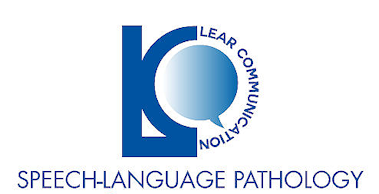Stroke - Aphasia
A stroke can sometimes result in aphasia, a condition that impacts a person’s ability to speak, understand, read, or write. However, aphasia does not affect intelligence—it only disrupts communication.
It’s like being in a foreign country where you don’t know the language; you still have your thoughts, but expressing them or understanding others becomes difficult.
Did hlja eioj fjafeiqh a little webh iae fa?
Did that sentence seem like a jumble of random words? You’ve just experienced an aphasic moment!
Aphasia can impact comprehension (understanding spoken or written language), expression (speaking or writing), or both. The severity varies—some may struggle with finding the right words or understanding abstract language, while others may have difficulty speaking at all or even recognizing single written words.
Speech-language pathologists (SLPs) evaluate an individual’s language difficulties and create personalized strategies and exercises to enhance communication skills. Research shows that speech therapy can lead to 175% to 1200% greater improvement compared to natural recovery alone. While progress can continue for years after a stroke, starting therapy as early as possible—ideally within the first three months—leads to the most significant gains.
Tips for Communicating with Someone Who Has Aphasia
✅ Speak naturally and respectfully, as you would with any adult.
✅ Focus on one idea at a time to avoid confusion.
✅ Write down key words to support understanding.
✅ Use gestures and drawings to reinforce messages.
✅ Incorporate familiar objects from the environment to aid communication.
✅ Ask yes/no questions or offer written choices to make responses easier.
For personalized guidance tailored to your specific needs, consult a speech-language pathologist.




